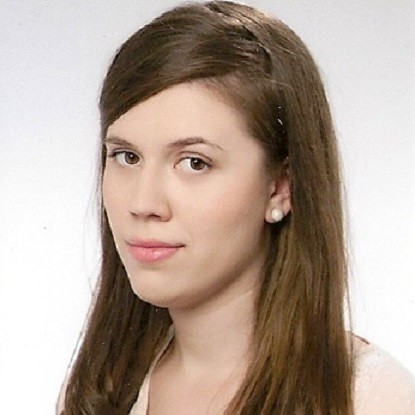Make a good impression – personal etiquette in Poland

Editor

related articles
Proper greetings
This is a very important aspect of contacts with other people in Poland. As a beginner, you will be fine with using only two greeting worlds, paying attention to applying them to specific situations:
- Cześć! [tsche-sh-ch] is a universal greeting in all informal situations, such as catching up with a friend or a colleague you feel comfortable with. It is used mainly to address people your age. It can be translated as a simple hi!
- Dzień dobry! [jeyn-DOH-bree] is a more formal greeting, which is very safe to use, as it literally means good day. You direct it to people who are not your peers and are usually superior to you in some way (e.g. your boss, teachers), but also out of respect to all those whom you are not very familiar with (a lady in your grocery shop, a cab driver, your neighbours etc.).
Generally, the model of communication is more formal in Poland than in some other countries. Naturally, after some time, you may switch to cześć while speaking to people your age, but it is safer not to do that until they initiate it first, so as to avoid awkwardness. For instance, it is very uncommon for Polish people to greet their teacher with cześć, even if they see them every single day.
Remember to always return a greeting – whether you are in the street or at work, it is considered very rude not to do that, even if you are having a bad day. On the other hand, do not be discouraged if other people do not return your smile – Poles are not grumpy by nature, but they are considered a bit formal, so a smile is not as common as you could expect.
Forms of address
Do not forget to keep formalities at the right level in direct interactions as well. When at work or surrounded by people you do not know well, you should always address them as Pani (Ms) or Pan (Mr), added before their name. Use it also while talking about them, even if they are not around. When you finally feel like the formalities are becoming a little troublesome, wait for a signal from the other person, such as: Przejdźmy na ty, which translates as Let’s switch to first names (and omit the formal part Pan/Pani). After that, you can be on first name terms. Remember – in some situations it may never happen, even if you are working with a person for many years and you are convinced about your mutual warm feelings. Some people in Poland just prefer to keep it professional.
First time at work
When you start a new job, your Polish colleagues will most likely want to get to know you, even briefly. Make some time on your first day to get acquainted with everyone working directly with you – in the same room or part of the building. Introduce yourself with a smile and a handshake, which is usually lighter than in America. Use your first name and surname. Later during your first day, do not avoid saying hello to other colleagues as well, e.g. during lunch breaks. If you find it difficult to start small talk, simply mention your country of origin, your tasks in the new job or your first impressions of Poland. This should be enough for Polish interlocutors, who as a rule are very welcoming towards foreigners.
Feel free to share your own advice and impressions of your first day at work in Poland. Was there anything particularly surprising or troubling to you?












